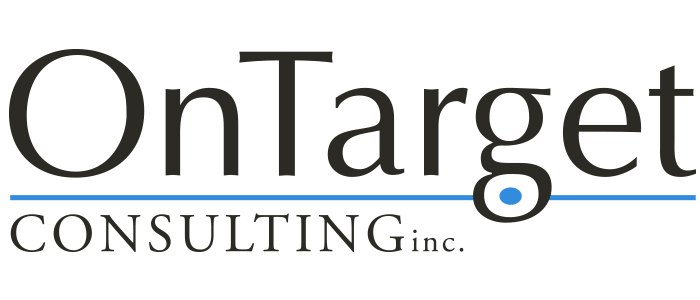You Are Not A Sock
We’re not socks that can just be sorted by color and purpose and put into a drawer … it’s far more effective and ultimately more helpful to work with what’s in front of you instead of what’s on a piece of paper …
In preparation for our staff retreat, my leadership team and I have been discussing the different personalities in the group and how we can find the best way to work together. I’ve done Myers-Briggs, and it was okay, but as I recall, it cost a fortune. A few years ago, I did the Enneagram for fun. It was easy, free and seemed fairly accurate to me. Do you think something like that taken before our retreat could help us understand how and why we operate the way we do?
~Perplexed in Portland
Dear Perplexed,
I’m not a fan of personality tests.
They often function more like horoscopes, i.e., people enjoy looking for what feels accurate in their profile and ignore or discount what doesn’t.
Organizations and teams don’t evaluate and incorporate the data once they have it. The profile results should drive change within the organization or team; otherwise, what’s the point of doing the profile?
The labels can be used to denigrate or dismiss others, e.g., “Well, what else would you expect from Mary? She’s an INTJ.”
People use the identifiers as excuses as to why they shouldn’t make time to understand or work with another colleague, e.g., “I know I need to collaborate with Paul, but he’s a green and I’m a red. Everyone knows that greens and reds don’t get along.”
Humans don’t fit neatly in categories or boxes. You and I may both be outgoing, intuitive types, but we can still have very different operating styles.
The results from a personality test may not explain why two people can’t work together nor shed any light on how to address the problem. For example, if I prefer communicating via email, and you prefer phone calls, that particularity can create conflict. A conversation about why we choose these methods of communication, when they’re appropriate and when they’re not could resolve the conflict much more effectively than attributing our preferences to our personality types.
There’s both method and magic to building an effective, cohesive team. Labels and categories don’t begin to explain what works and what doesn’t.
If you and your team take personality tests before the retreat, the agenda will be driven by the results. People will use their individual profiles to create rationales for why they do or don’t work well with other people. In other words, the reality – “I don’t communicate well with Joe” — will be explained by the personality test outcome.
Relationships are messy and mysterious and sometimes hard to understand or explain. Two people can work extraordinarily well together despite that, on paper, they shouldn’t get along at all. There are so many variables and nuances to human behavior. Environment matters, situation matters, context matters. We’re not socks that can just be sorted by color and purpose and put into a drawer. Rather than trying to impose an external order or explanation, I’ve found it’s far more effective and ultimately more helpful to work with what’s in front of you instead of what’s on a piece of paper.
At the retreat, the leadership team’s time would be better spent seeking to understand each other, finding ways to empathize with one other and learning to influence and motivate one another. We can also spend time discussing what could and has gone wrong and brainstorming what to do about it.
Other than that, I don’t feel strongly about personality tests …
Margo

